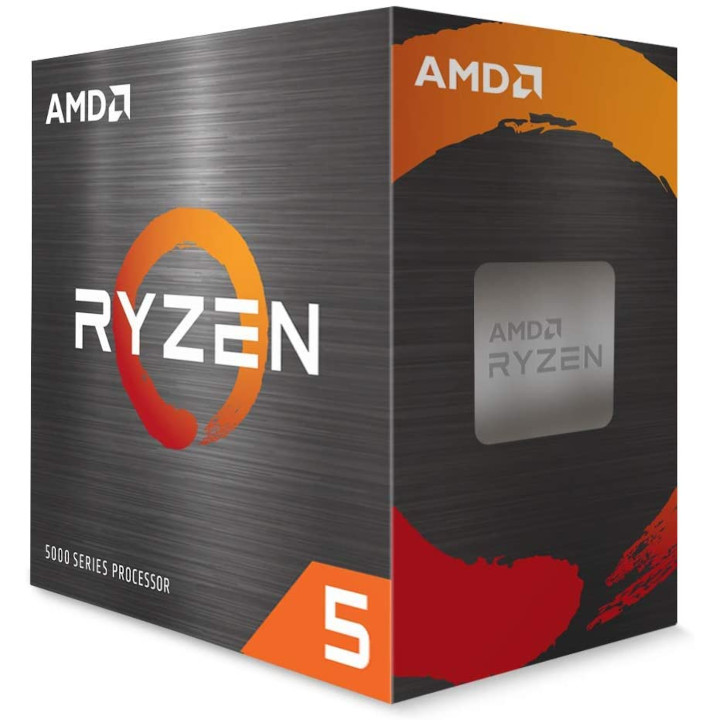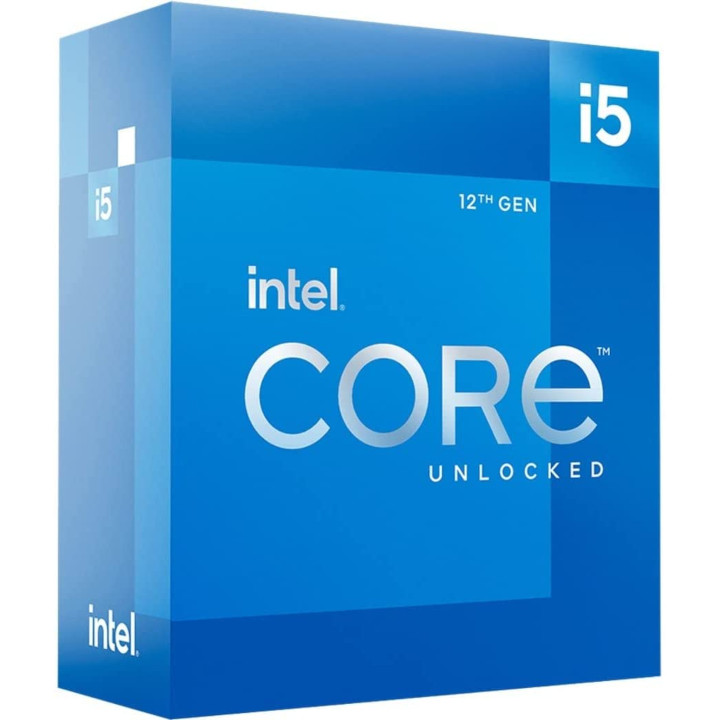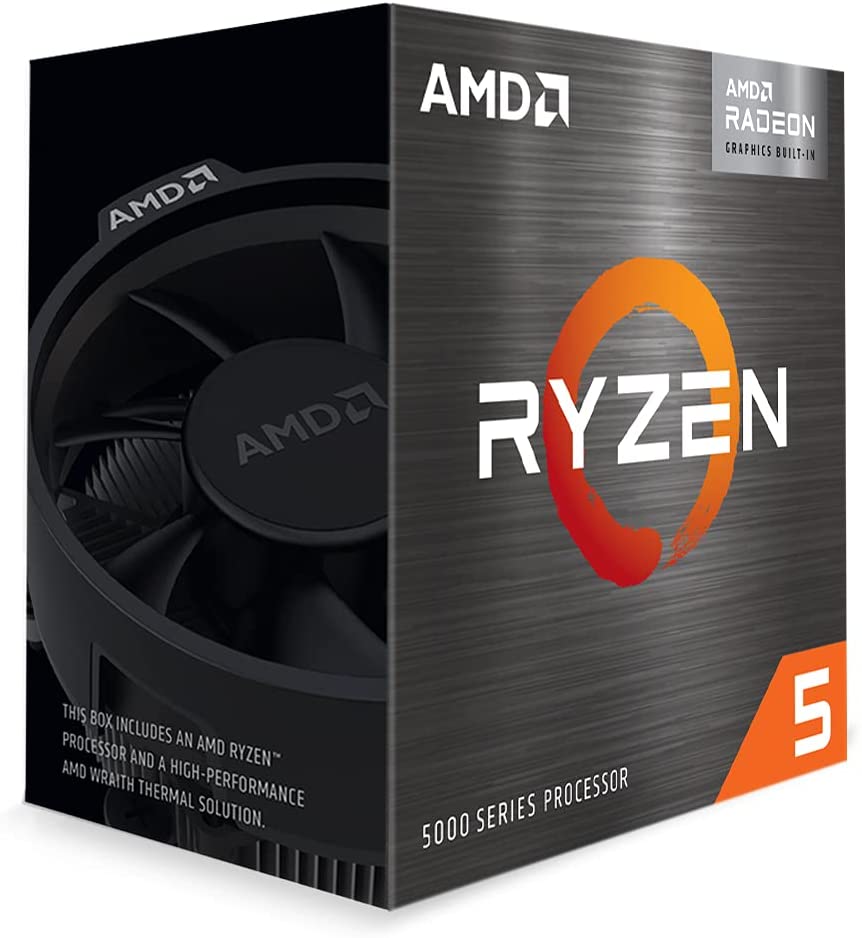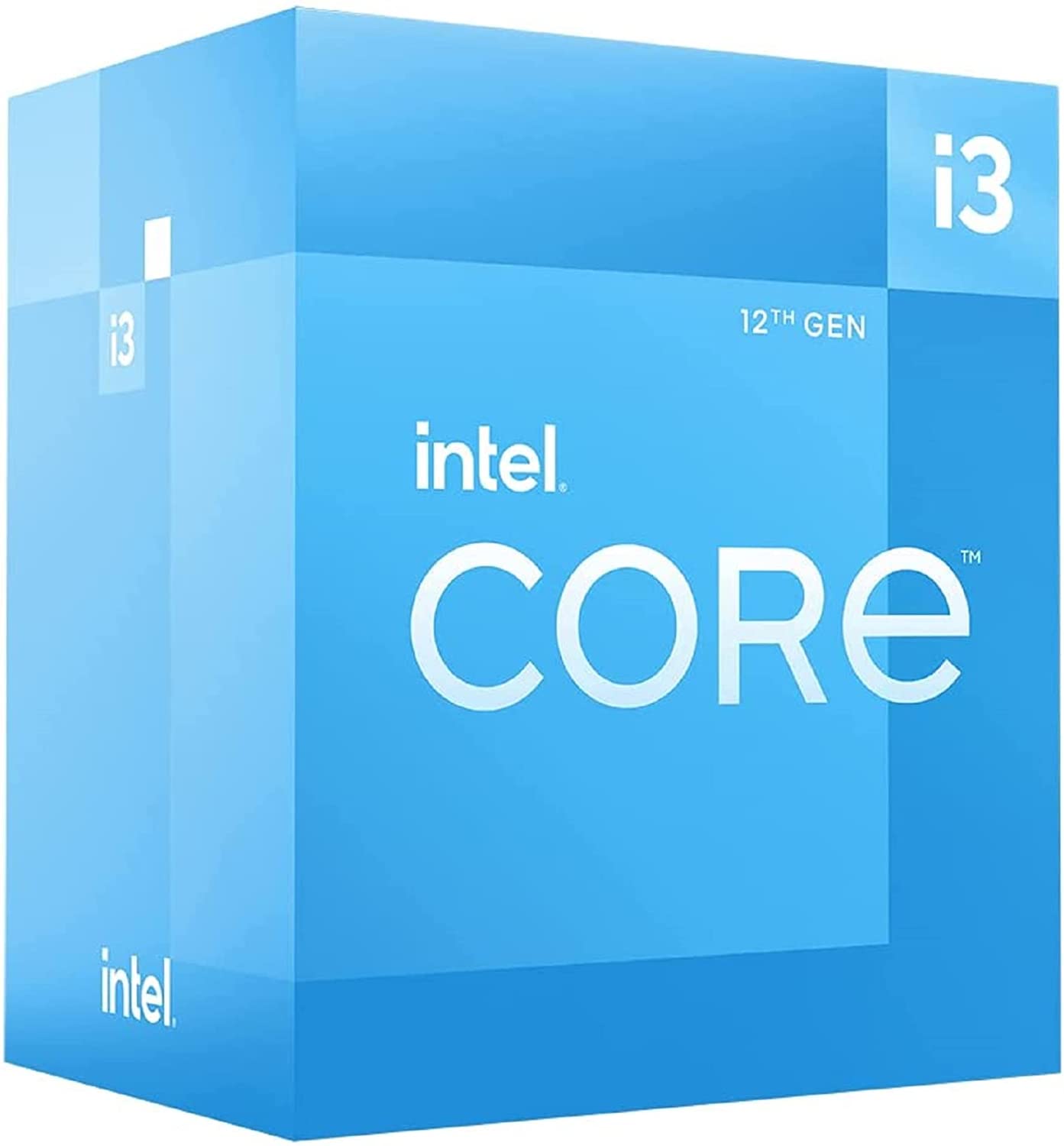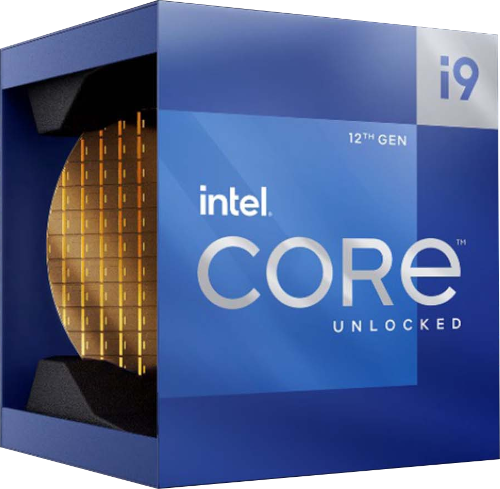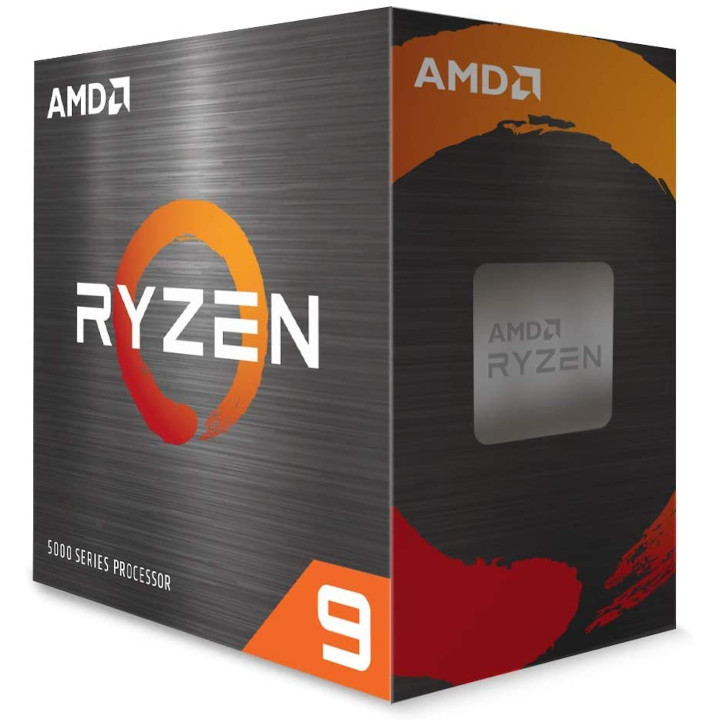Intel vs. AMD: Which processors are better?
Team Red or Team Blue?
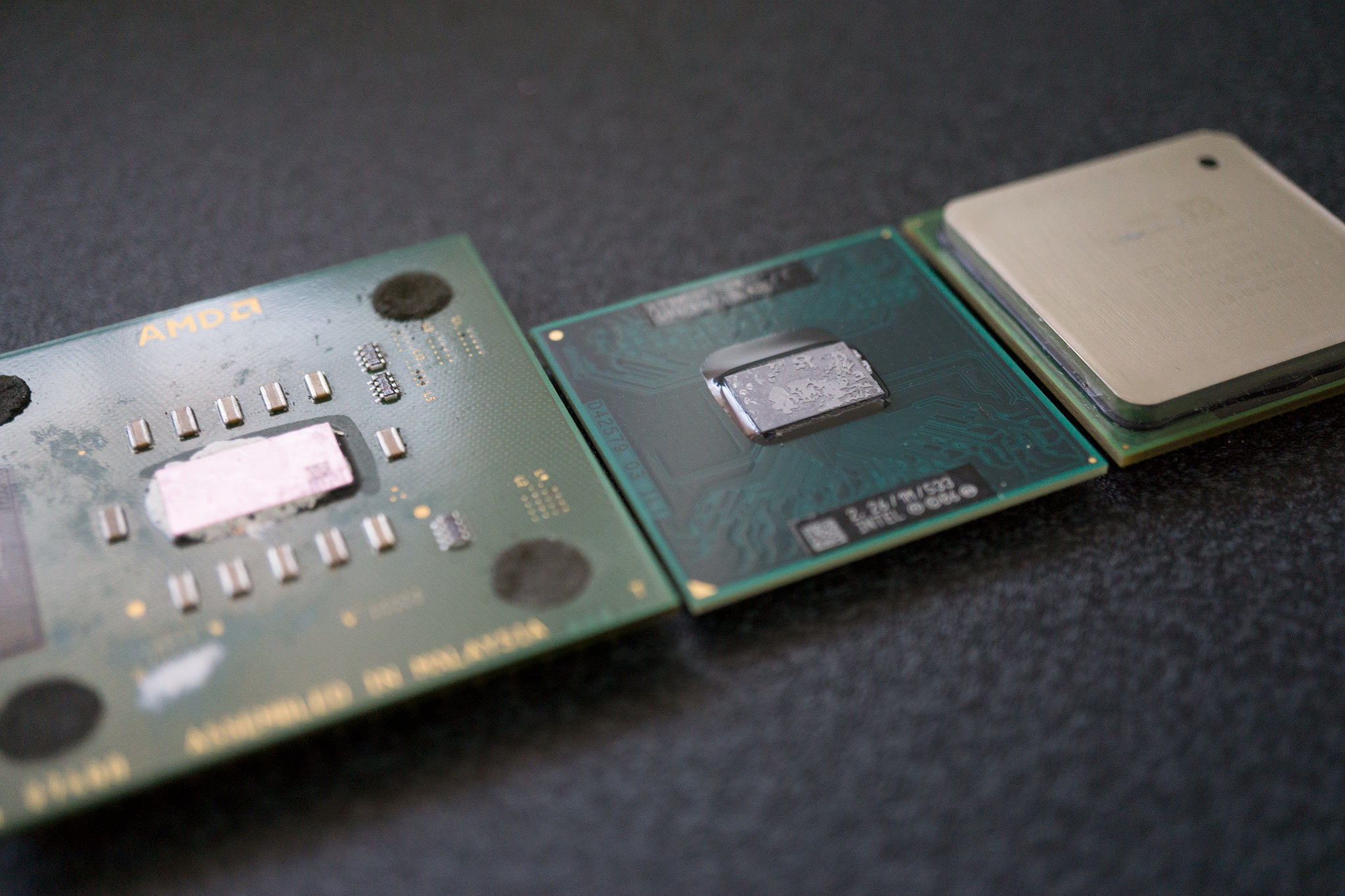
All the latest news, reviews, and guides for Windows and Xbox diehards.
You are now subscribed
Your newsletter sign-up was successful
The central processing unit (CPU) is at the heart of any device, be it your phone, tablet, router, laptop, smart TV, or desktop PC. It's what handles all the tasks put forward by the operating system (OS) to function properly and allow you to do incredible things. Much like the discussion surrounding the OS, AMD vs. Intel has been a heated debate for decades.
Looking at a new laptop or parts for building or upgrading your desktop PC, should you choose Intel or AMD? I'm going to walk you through a short history lesson, as well as look at pricing and performance figures for various processors to reach a conclusion. This guide will help you determine which is the best CPU brand for your PC build.
Intel vs. AMD: History of the chipmakers
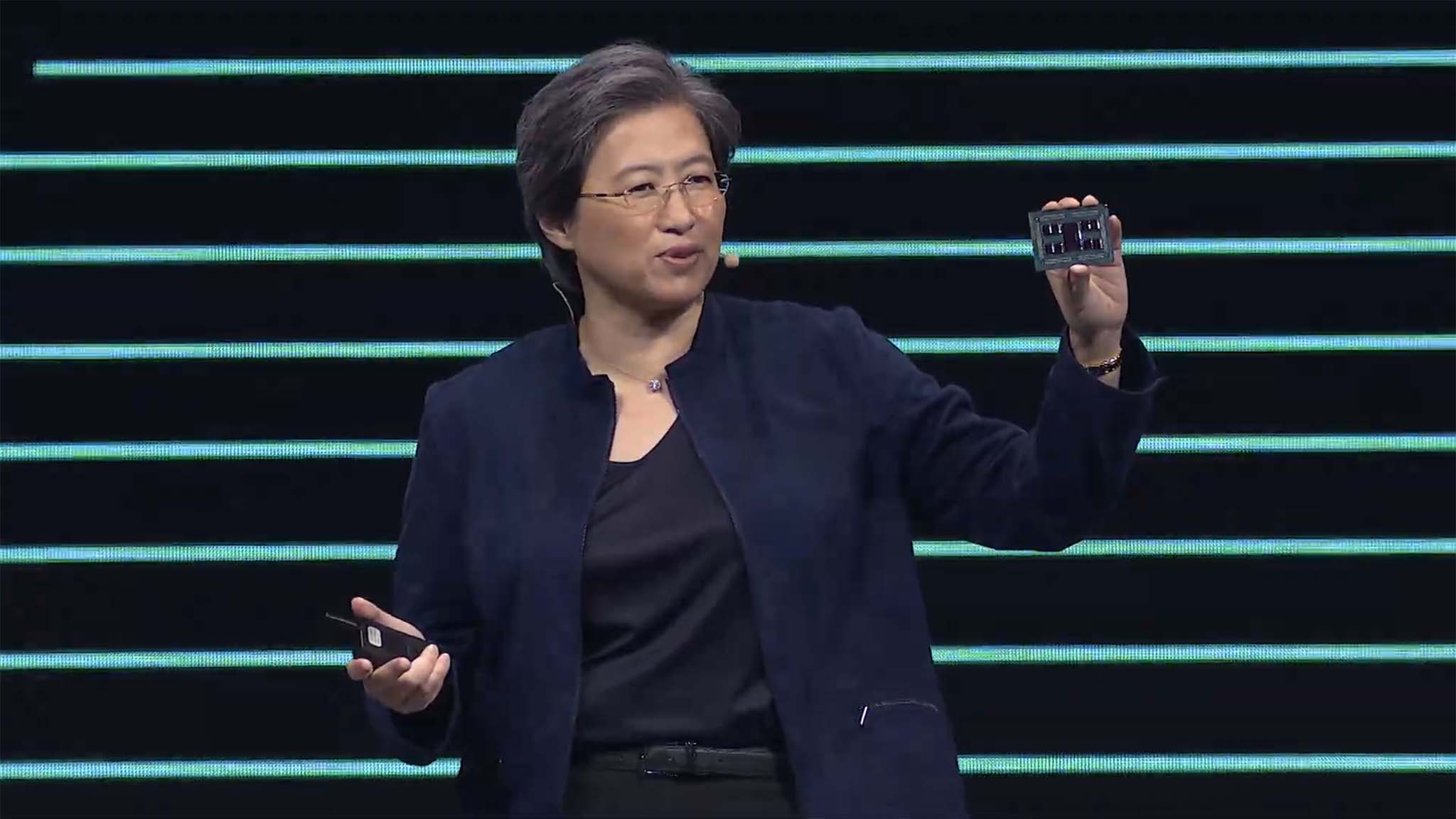
AMD and Intel both go way back to the beginning of the computer. The two companies are responsible for the x86 platform, which is still used to this day as the basic architecture for making processors. However, it was AMD that made a massive breakthrough by developing 64-bit for its Athlon series of processors, hence the branding AMD64 (later x86-64). Intel was on the backpedal.
Things didn't improve much for Intel after working its own way into 64-bit computing, largely thanks to AMD launching the first-ever dual-core processor, the Athlon 64 X2 3800+. But AMD's time at the forefront of CPU development was coming to an end, and Intel began innovating with its Core i5 and Core i7 CPUs. Then, the situation escalated with new Intel mobile CPUs for laptops and desktops that far outperformed what AMD could muster.
AMD vs. Intel in the 2010s
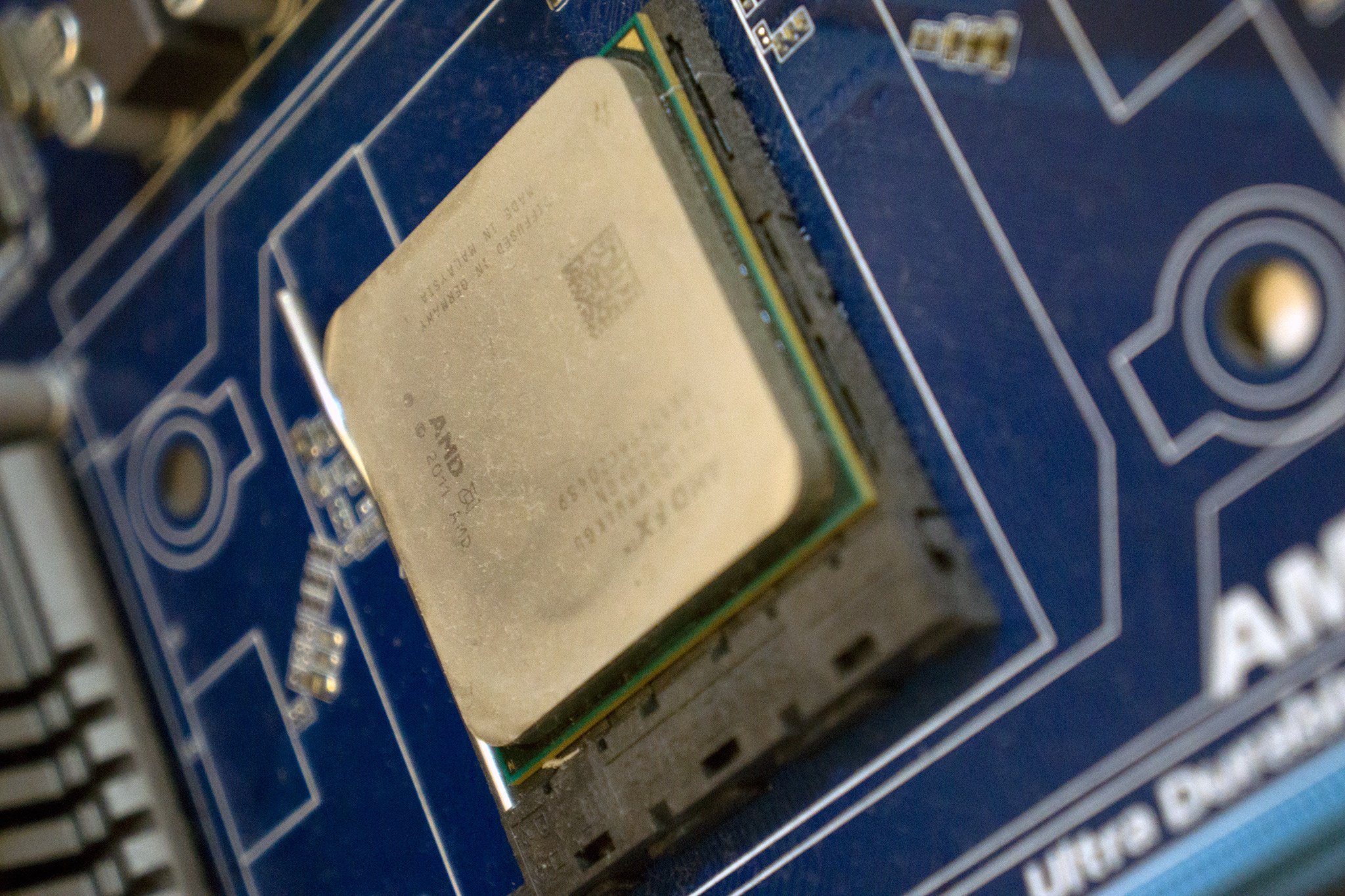
Intel and AMD have been competing against each other for decades, and we took a look at some of the seismic changes that occurred between 2010 and today.
AMD came out with its Bulldozer architecture in 2011, and it wasn't great. While the family of processors offered amazing value, especially the FX-4100, the CPUs just couldn't keep up with what Intel had available at the time. Strangely, AMD's architecture did allow enthusiasts and PC owners to push their processors to insane levels.
The AMD FX-8350 holds the current record for the highest clock speed at a whopping 8,794.33MHz. That can be rounded up to 8.5GHz, which doesn't sound high until you compare it to the average of between 3-4GHz. All the AMD processors at the time were unlocked, while Intel fans had to pay extra for the luxury.
All the latest news, reviews, and guides for Windows and Xbox diehards.
The company went on to improve the platform in any way they could, leading to further generations of CPUs being released to mixed reviews. Intel was able to keep to its Tick Tock release approach and price its hardware accordingly, seeing no immediate threat from AMD. The once-heated market was now thoroughly frozen in the freezer.
AMD was unable to share its internal project with the world, but what was on the horizon would change the landscape for both companies in years to come. Cue, Ryzen. In 2017, AMD launched Ryzen, and we ended up where we are today, with both companies once again offering similarly priced and performing processors.
Intel vs. AMD: Price & value
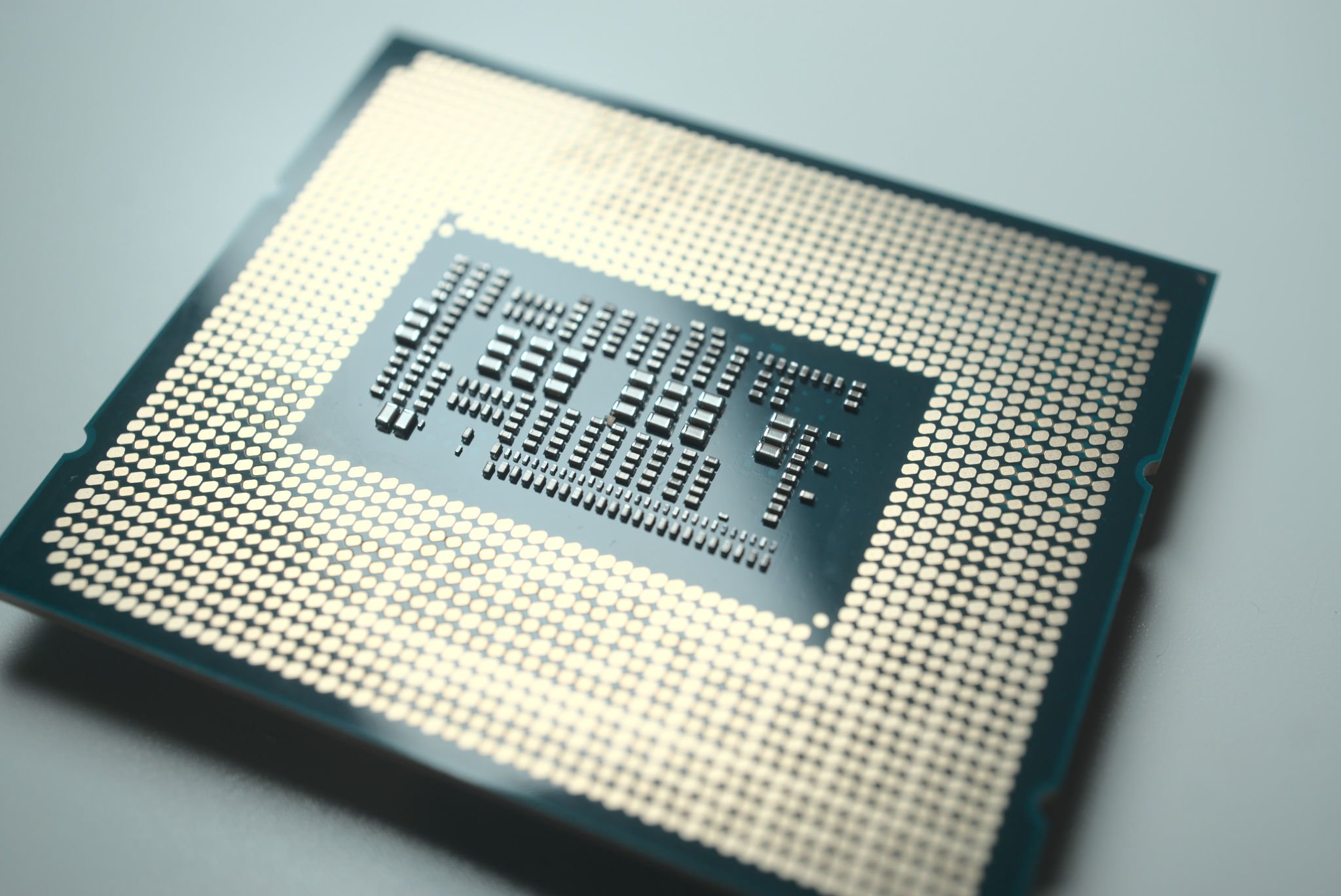
This is arguably the most important deciding factor between AMD and Intel and has long been the highest point of discussion. Traditionally, AMD has been viewed as the budget-friendly, less energy-efficient CPUs that have more cores taped onto the silicon that you'd know what to use for. Older AMD processors like the FX series go hot, but they offered some compelling use cases.
Intel was able to become complacent due to AMD's downfall.
Intel attempted to remain competitive with pricing while simultaneously marketing its processors as simply better, and they largely were until recently. During AMD's downfall in the early decades of this century, Intel was able to essentially charge more than what they'd usually price processors because AMD didn't have a competing product. If you wanted Intel performance, you paid Intel prices.
Market share heavily favored Intel for years until AMD finally hit back at Team Blue with Ryzen and the Zen architecture. AMD was at the point of no return, and the launch of Ryzen had to be a success. Luckily for AMD fans, this new platform was an incredible leap forward compared to previous-generation processors.
But because AMD was the underdog and had to claw back market share, it aggressively priced the first-gen Ryzen family. These new processors from AMD were as good (if not slightly better) as what Intel had on the market, and they cost less. Intel was caught entirely off guard, which is what led to the rushed Core X series and the debacle of slashing the Core i9 X pricing by 50%.
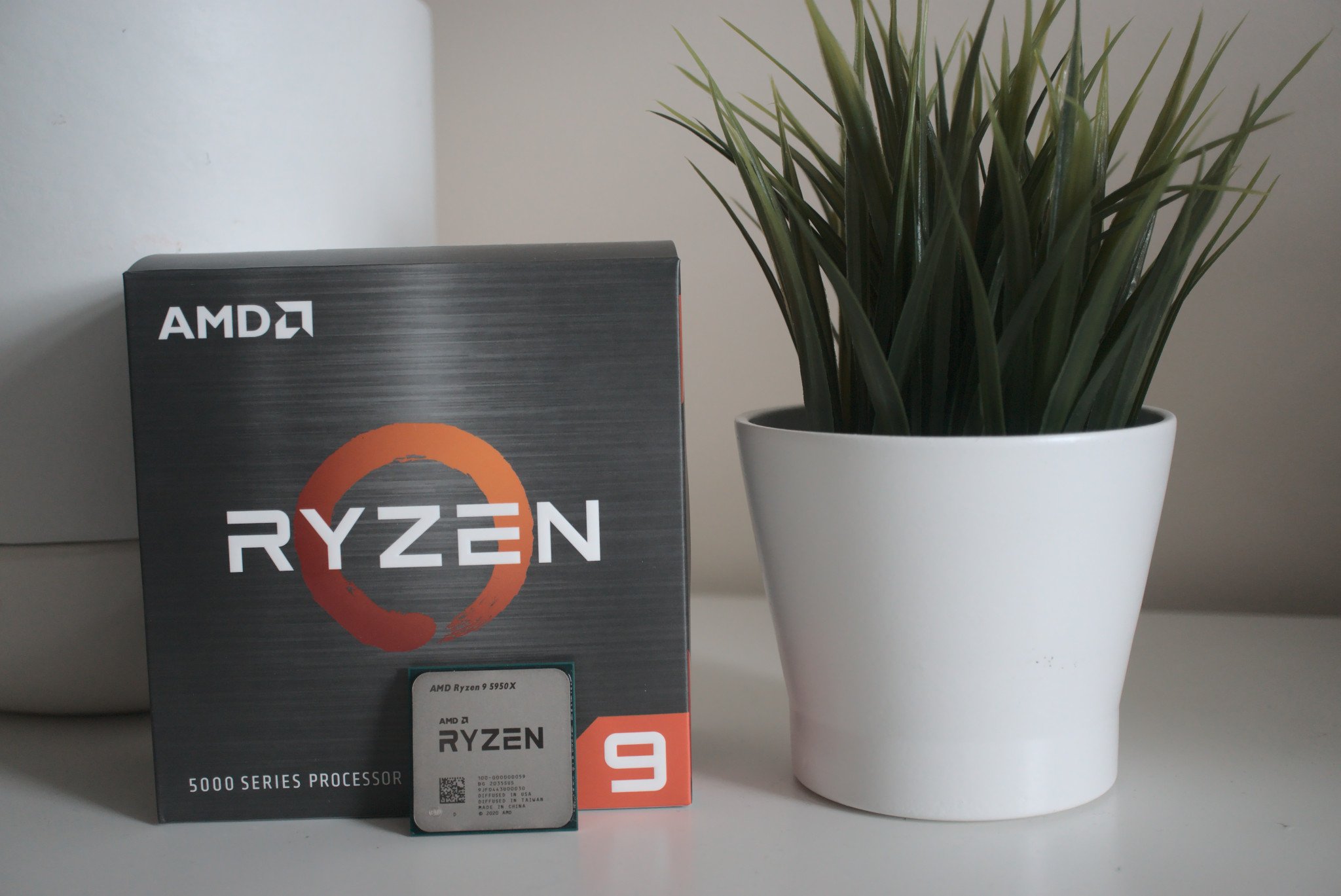
As of today, the pricing for processors is in a good position for PC builders and those looking to upgrade the CPU inside their machine. You can buy a 6-core processor for less than $200, which rocks considerable performance per core. AMD and Intel now frequently trade places for offering better value in terms of cores and threads, without sacrificing too much in the performance department.
Even after matching Intel with performance, AMD maintains its aggressive CPU pricing.
The Ryzen 5 5600X is an amazing mid-tier processor, and so is the Core i5-12600K, Intel's counterpart. The former's RRP at launch was $300. The Intel Core i5-9600K was $320. Both CPUs can be found at roughly the same price today, but they're not identical. AMD's Ryzen 5 5600X comes unlocked with 6 cores and 12 threads. Intel's Core i5-9600K is also unlocked but manages to pack inside 10 cores and 16 threads.
Even at the low-end, AMD is throwing some punches. The Ryzen 5 5600G is an impressive APU with both a CPU and GPU combined into a single package. It's capable of playing games at decent quality settings. Compare that against the Intel Core i5-12600K with its mediocre integrated graphics and similar pricing, and you've got a clear winner.
Intel vs. AMD: Performance & gaming
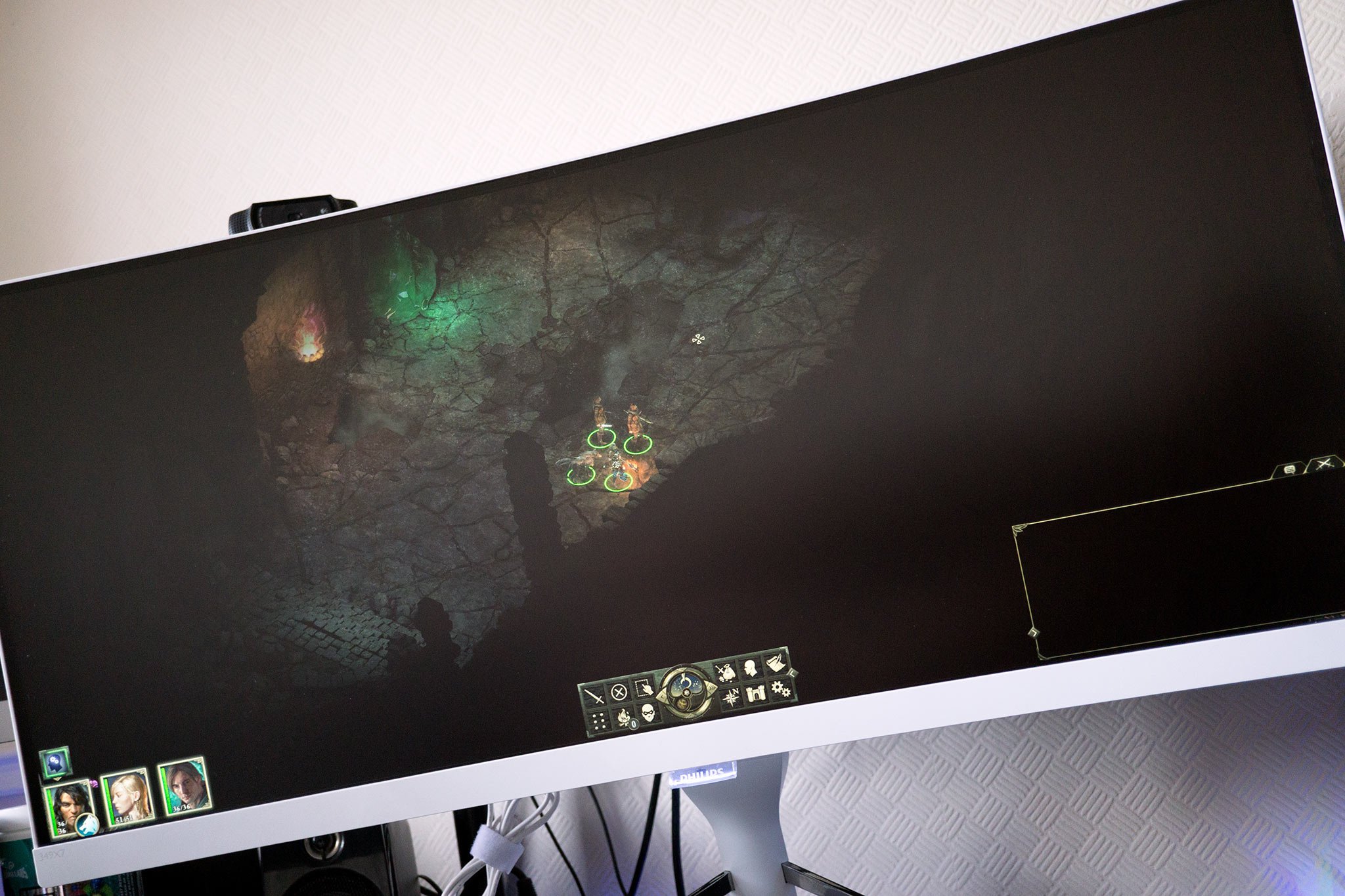
For performance, Intel has generally led the fight comfortably. That's no longer the case with AMD's current generation of Ryzen processors, though Intel has lept ahead once again with Alder Lake. Take the new Intel Core i9-12900K, for example. This is a powerful 16-core processor with 24 threads. To make it even more capable is a new hybrid design on Intel's smaller manufacturing process design.
It can hit 5.2GHz through its Max Turbo technology and 12th Gen Intel processors such as this are what Intel fans have been waiting years for. Performance for general computing, gaming, and even enthusiast use is what this beast is designed for. Not only that, but Intel lept ahead with the introduction of support for DDR5 RAM and PCIe 5.0.
Intel's Core i9-12900K has the potential to be a monster CPU.
AMD isn't too far behind, however. The AMD Ryzen 9 5900X is still widely considered by many to be the current sweet spot for gamers with a whopping 12 cores and 24 threads, as well as a boost clock speed of 4.8GHz. Both the Ryzen 9 5900X and Core i9-12900K are incredible processors at reasonable prices. We reviewed the AMD Ryzen 9 5950X and were mightily impressed.
For general use and gaming, both processor platforms offer plenty of performance, and you're likely to avoid any bottlenecking, regardless of which high-end processor you pick. Still, Intel does pull ahead, taking everything into account. AMD forced Intel to get back into innovating, and we're now seeing the results with aggressive pricing. It's a win-win for PC owners.
Intel vs. AMD: Mobile laptop processors
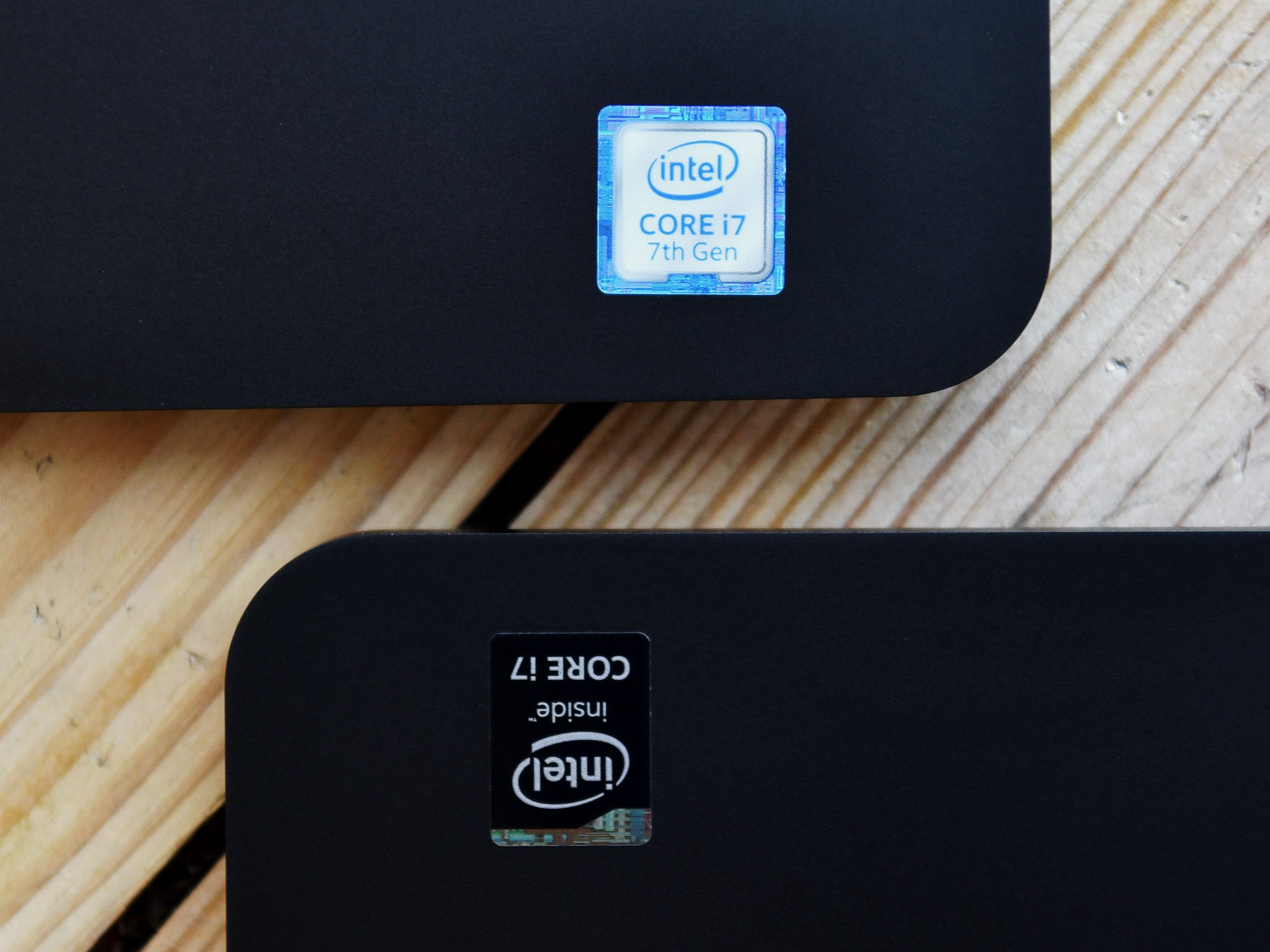
The laptop market is dominated by Intel, even to this day. While AMD managed to win back some favor with the general public after Ryzen launched, it has been reluctant to get into the mobile space. AMD finally launched some new Ryzen 3000 processors for notebooks, but they were a disappointment compared to what Intel already had available.
Things changed with the launch of newer Ryzen 4000 mobile CPUs, which were actually good enough to be used in products. The Ryzen 9 4900HS is a beastly 8-core CPU with 16 threads and can boost all the way up to 4.3GHz. This monster outperformed Intel's high-end mobile processors, which should pave the way for some considerable market share chunks.
Our own laptop reviews with AMD processors have been positive too. Intel isn't out yet, and the market remains to be utterly dominated by blue stickers all across the budget spectrum. Buying a laptop today will most likely house an Intel Core i3, i5, i7, or i9 processor. Intel has the edge on mobile performance (aside from that Ryzen 9 4900HS), but AMD-powered laptops offer considerably more value.
Intel vs. AMD: Which CPU is best?
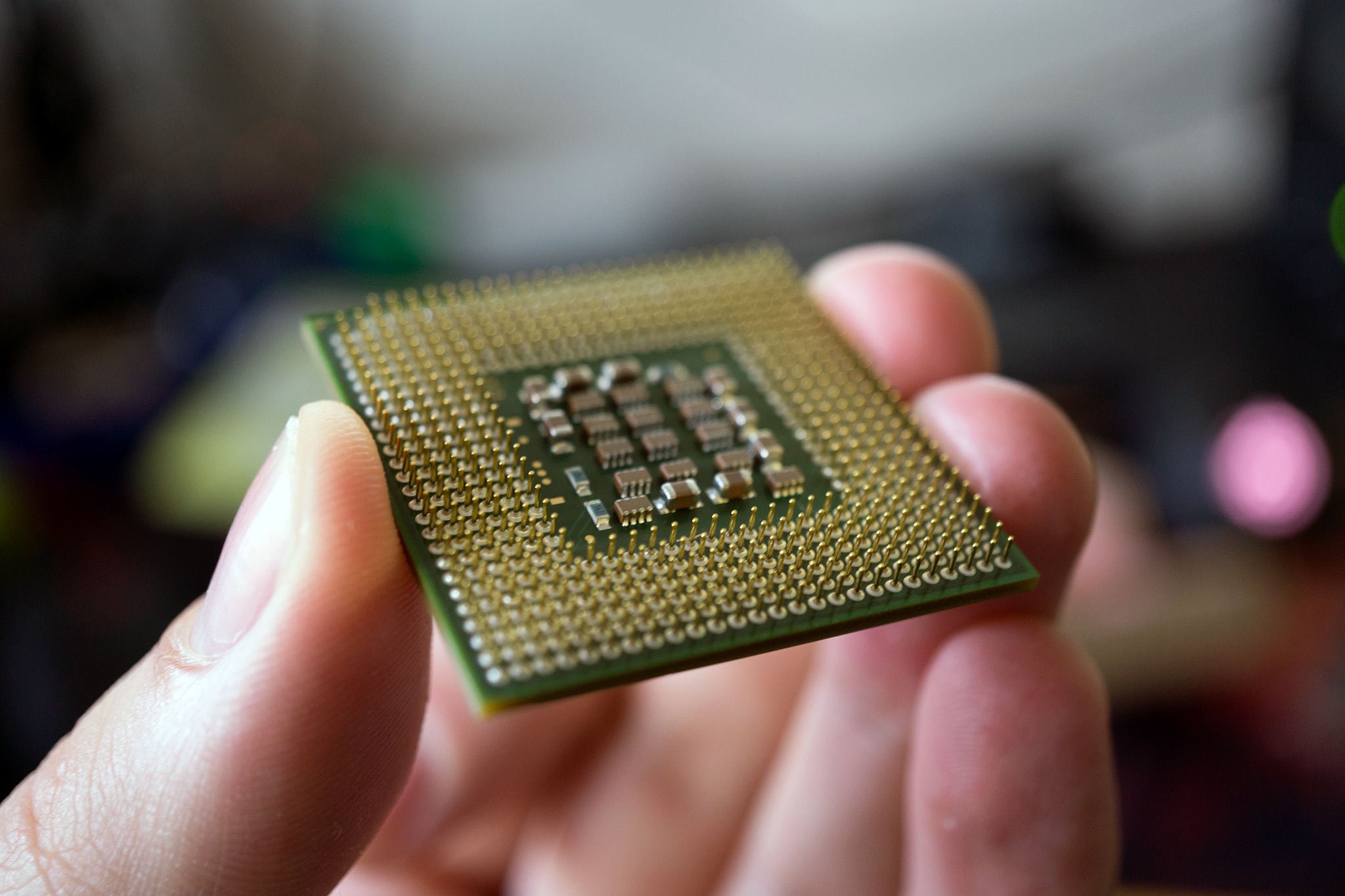
It's difficult to make the wrong decision when purchasing a CPU unless you try to install a processor on an incompatible motherboard. Whether you go with AMD or Intel, you'll have a capable PC that will be able to do a tremendous number of tasks. There are clear differences in pricing and value, however.
AMD's collection of processors, especially the Ryzen 5000, offers great value for money. Whether you're installing a Ryzen 3 5100 or Ryzen 9 5950X, you'll likely be scoring more cores and threads than the competing Intel CPU, without sacrificing too much on per-core performance. But then Intel now offers excellent value with its new hybrid core design, and we're big fans of the Core i5-12600K and Core i9-12900K design
If you're already locked into a platform and don't plan on switching motherboards, upgrading to a better processor could provide substantial results. You'll just have to bear in mind that Intel only supports a chipset for two generations, while AMD has far better support on older motherboards for newer processors.
Intel has a slight edge on AMD when it comes to performance, but you'll struggle to notice much of a difference in most real-world scenarios. We'll have to keep monitoring the battlefield as Intel and AMD continue to trade blows with AMD Ryzen 5000 and Intel 13th Gen.
The future's bright for the CPU market, and that's better for all of us.

Rich Edmonds was formerly a Senior Editor of PC hardware at Windows Central, covering everything related to PC components and NAS. He's been involved in technology for more than a decade and knows a thing or two about the magic inside a PC chassis. You can follow him on Twitter at @RichEdmonds.
